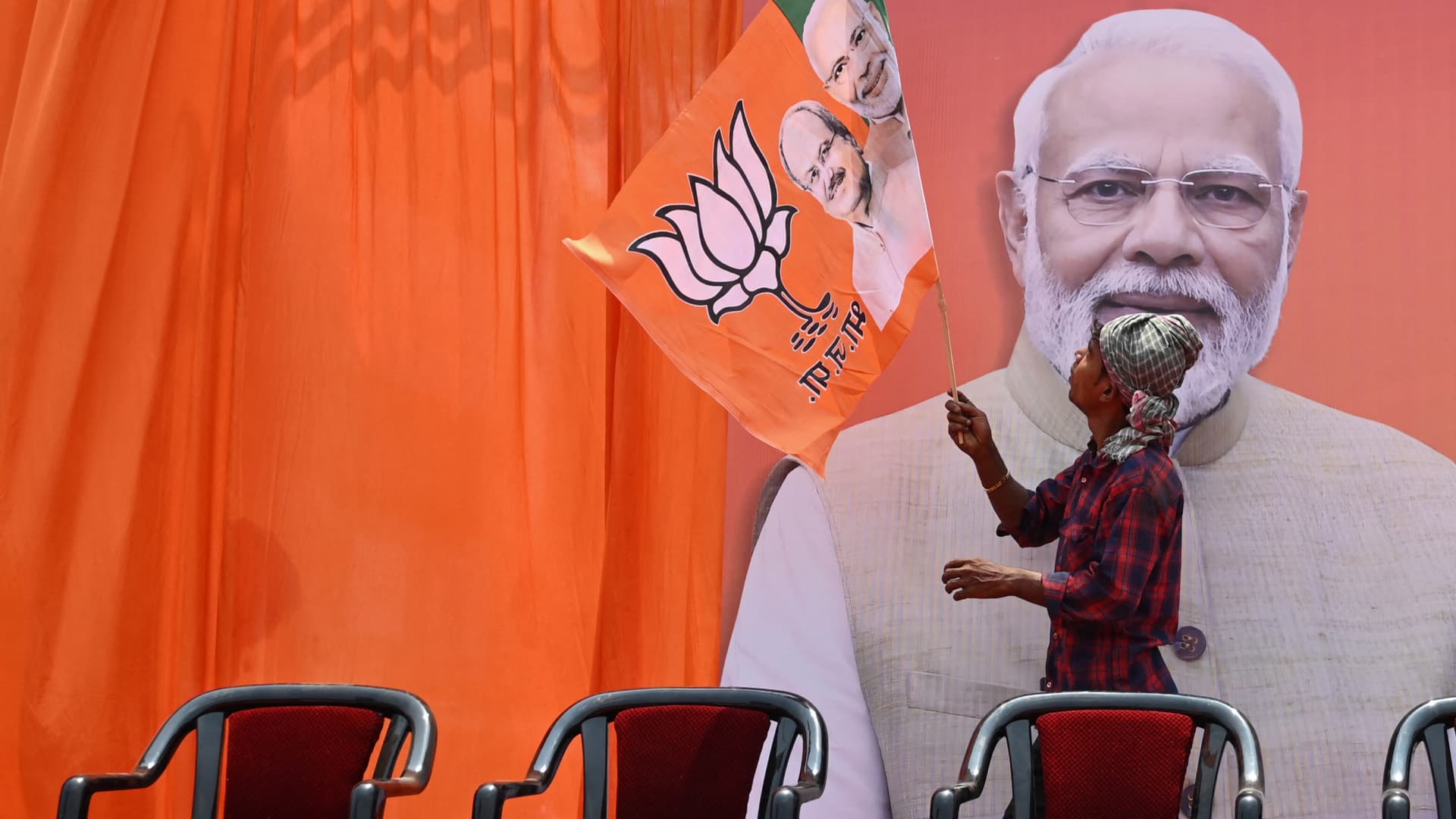
India's general election, which began on April 11, 2024, is the world's largest democratic exercise with nearly one billion eligible voters. This massive electoral process will determine the composition of India's Lok Sabha, the lower house of parliament that holds more power than the upper house. The elections are being held in seven phases over a span of six weeks.
Prime Minister Narendra Modi, who is seeking a third term in office, is one of the most prominent figures in this election. He has been championing an assertive brand of Hindu nationalist politics through his Bharatiya Janata Party (BJP). The opposition parties, led by the Indian National Congress (INC) and its allies, are challenging Modi's leadership.
The first phase of voting took place on April 11 in various states including Tamil Nadu and Manipur. In Tamil Nadu, two major regional parties - Dravida Munnetra Kazhagam (DMK) and All India Anna Dravida Munnetra Kazhagam (AIADMK) - are vying for power. In Manipur, the election is significant due to ongoing ethnic violence and civil unrest.
The elections are being closely watched by international observers, including the United States and China. U.S. President Joe Biden has expressed his support for a free and fair election in India, while China has remained relatively quiet on the matter.
Voting began with long queues at polling stations across the country as millions of Indians exercised their democratic right to choose their representatives.
The second phase of voting is scheduled for April 18, and it will continue until May 23. The results will be announced on May 24.
